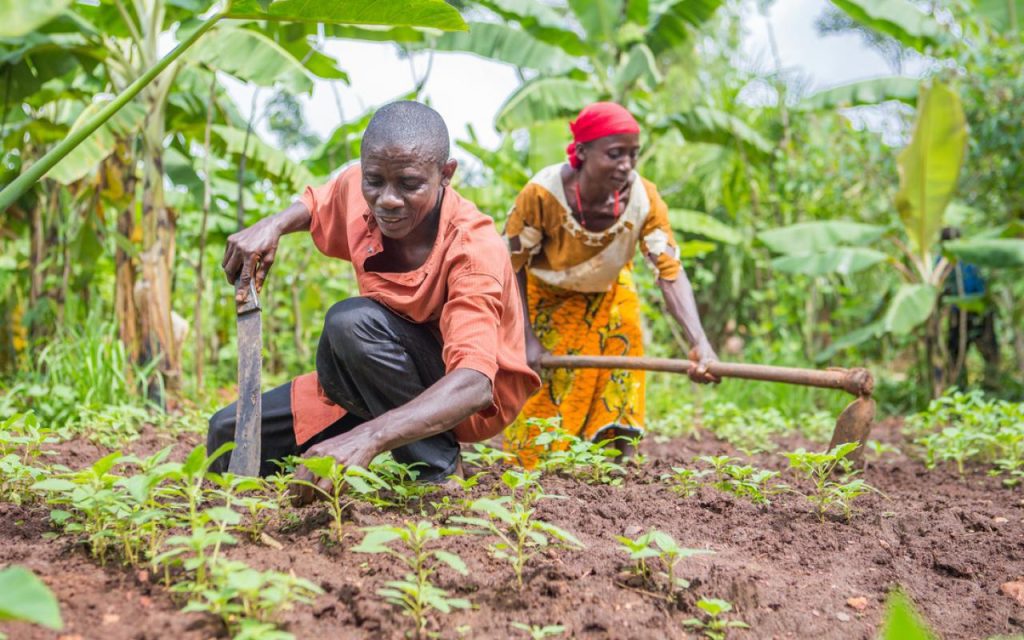In the picturesque Oyo State of Nigeria, there are farmers like Adebowale, Ojo, and Madam Adesewa, who work tirelessly to produce fresh, essential goods. Their journey from the farm to the market, however, is full of obstacles that limit their reach and income.
In this piece, we’ll explore the various challenges that small-scale farmers face and the potential solutions that could make a difference. Adebowale, a farmer in Oke-Ogun, specialises in growing perishable crops like tomatoes and vegetables. He told FarmingFarmersFarms about his main concern and worries – lack of money to invest in storage and transportation. To access larger markets in places like Ibadan, Oyo, Ekiti, and Osun, he needs financial help. Sadly, much of his produce goes to waste because he lacks proper storage facilities. He also mentioned the difference between his traditional farming methods and the modern greenhouse techniques, which have better access to markets.
Also, in the Elewuro area of Ibadan, Ojo, who grows plantains, faces a different set of problems. Insecurity has affected his farm’s productivity, and his plantains sell for less because of it. Bad roads are another issue – they lead to losses during transportation and make it tough to decide where to sell. Furthermore, Madam Adesewa, who produces yams and yam flour, faces exploitation by middlemen, who buy her produce at very low prices. She lacks direct access to customers and does not know how to use digital platforms to reach them for middlemen have the advantage of transporting goods to the market.
Suggested solutions for farmers’ struggles
1. Access to money: Farmers like Adebowale need financial support to overcome their problems. Government and non-profit programmes can offer low-interest loans, and grants can encourage them to use more modern farming methods.
2. Improving infrastructure: Fixing roads and enhancing security are important. Better roads mean safer and more efficient transport, reducing losses. Improved security safeguards both farmers and their produce on the way to market.
3. Local hatcheries: For poultry farmers like the one in Tede, having local hatcheries nearby is crucial. It reduces travel distances, lowers mortality rates, and makes poultry farming more profitable.
4. Direct sales and digital tools: Training programmes can teach farmers like Madam Adesewa how to use digital platforms to connect directly with customers. Creating farmers’ markets or cooperatives, reduces their reliance on middlemen and helps them get fair prices for their produce.
Small-scale farmers face many challenges, but there are solutions that can make a big difference. These farmers are the backbone of local agriculture, ensuring communities have enough to eat and contribute to the attainment of the country’s food security initiatives. By addressing their capital, infrastructure, security, and middlemen problems, we can empower these hardworking individuals to succeed. This does not just increase their incomes; it also protects the foundation of our agriculture.



